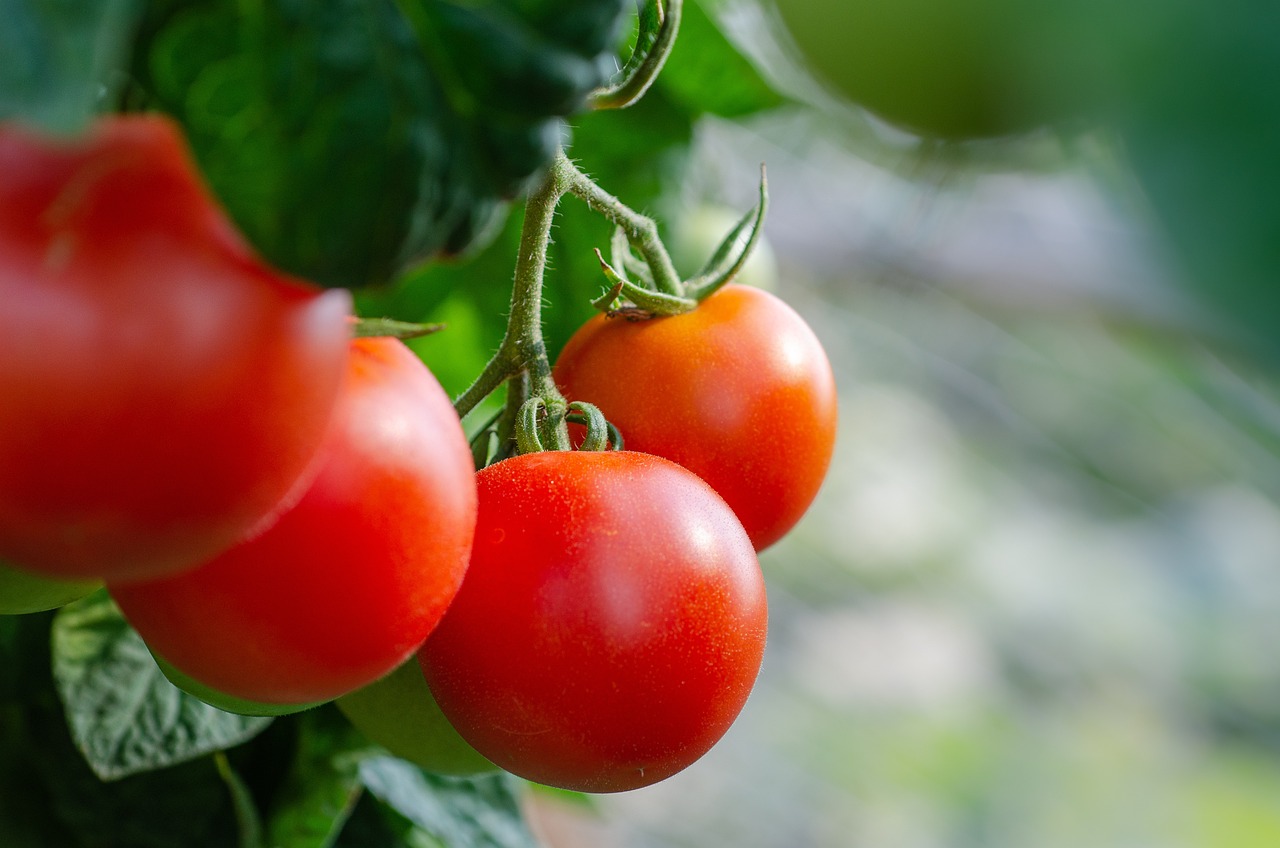“`html
In recent years, the gluten-free diet has made its mark as a popular lifestyle choice, capturing the attention of health enthusiasts and individuals with gluten sensitivities alike. But what does it truly mean to be gluten-free, and how can adopting this diet benefit your health? Whether you are managing celiac disease, gluten intolerance, or simply exploring healthier eating options, understanding the nuances of a gluten-free diet is crucial. In this blog post, we’ll explore the essentials of a gluten-free diet, its benefits, challenges, and practical tips to help you navigate this dietary change effectively.
What is Gluten?
Gluten is a group of proteins primarily found in wheat, barley, and rye. It is known for its elasticity and is responsible for the chewiness in bread and baked products. Understanding gluten is the first step toward grasping the implications of a gluten-free diet.
Common Sources of Gluten
- Breads and baked goods (e.g., pastries and cakes)
- Pasta and noodles
- Beer or malt beverages
- Many processed foods (e.g., sauces, salad dressings)
- Snack items (e.g., crackers, cookies)
Who Needs to Avoid Gluten?
- Celiac Disease: An autoimmune disorder where gluten intake damages the small intestine.
- Non-Celiac Gluten Sensitivity: Symptoms akin to celiac disease without the intestinal damage.
- Wheat Allergy: An allergic reaction to proteins found in wheat.
Benefits of a Gluten-Free Diet
Transitioning to a gluten-free diet offers several health benefits, particularly for those who need it for medical reasons. Here are some key advantages:
1. Alleviates Symptoms for Celiac Disease and Gluten Sensitivity
For individuals diagnosed with celiac disease or non-celiac gluten sensitivity, avoiding gluten can lead to:
- Reduced gastrointestinal symptoms (bloating, diarrhea)
- Improved nutrient absorption
- Increased energy levels
2. Enhanced Digestive Health
A gluten-free diet often encourages the consumption of whole foods and fresh produce, which can enhance digestive health:
- High-fiber foods (fruits, vegetables, legumes)
- Improved gut microbiota
3. Reduces Inflammation
Many gluten-free foods contain anti-inflammatory properties that may help reduce chronic inflammation:
- Omega-3 fatty acids from fish and flaxseed
- Antioxidants from colorful fruits and vegetables
Challenges of a Gluten-Free Diet
While the benefits are compelling, adopting a gluten-free diet poses several challenges that one must navigate carefully.
1. Limited Food Choices
Many traditional staples contain gluten, making it challenging to find suitable alternatives:
- Finding gluten-free pasta or bread can be tricky.
- Eating out may require thorough information about menu items.
2. Nutritional Deficiencies
Some gluten-free foods can lack essential nutrients, necessitating mindful planning:
- Iron
Tip: Incorporate lentils and quinoa as potent alternatives. - Vitamin B12
Tip: Consider fortified gluten-free cereals or supplements.
Navigating a Gluten-Free Lifestyle
Transitioning to a gluten-free diet doesn’t have to be overwhelming. Here are some practical tips to ensure a successful shift:
1. Read Food Labels Vigilantly
Many processed foods contain hidden sources of gluten. Always check for:
- Gluten-free certification seals
- Ingredients with wheat, barley, or rye
2. Explore Gluten-Free Alternatives
Many substitutes allow you to maintain similar taste and texture without gluten:
- Brown rice or quinoa instead of traditional pasta
- Almond flour as a substitute for regular flour
3. Meal Planning and Prep
Planning meals in advance can significantly reduce stress and enhance the gluten-free dining experience:
- Create a weekly meal plan emphasizing whole, unprocessed foods.
- Batch-cook gluten-free options like soups and stews.
Conclusion
Embracing a gluten-free diet is a journey that requires awareness, flexibility, and planning. While it can provide numerous benefits—especially for those with gluten sensitivities—being informed about potential challenges is equally important. By making conscious food choices, staying educated about gluten’s sources, and exploring alternatives, you can lead a fulfilling gluten-free lifestyle. Whether for health reasons or personal preference, transitioning to gluten-free eating can open up a world of delicious and nutritious possibilities.
“`






